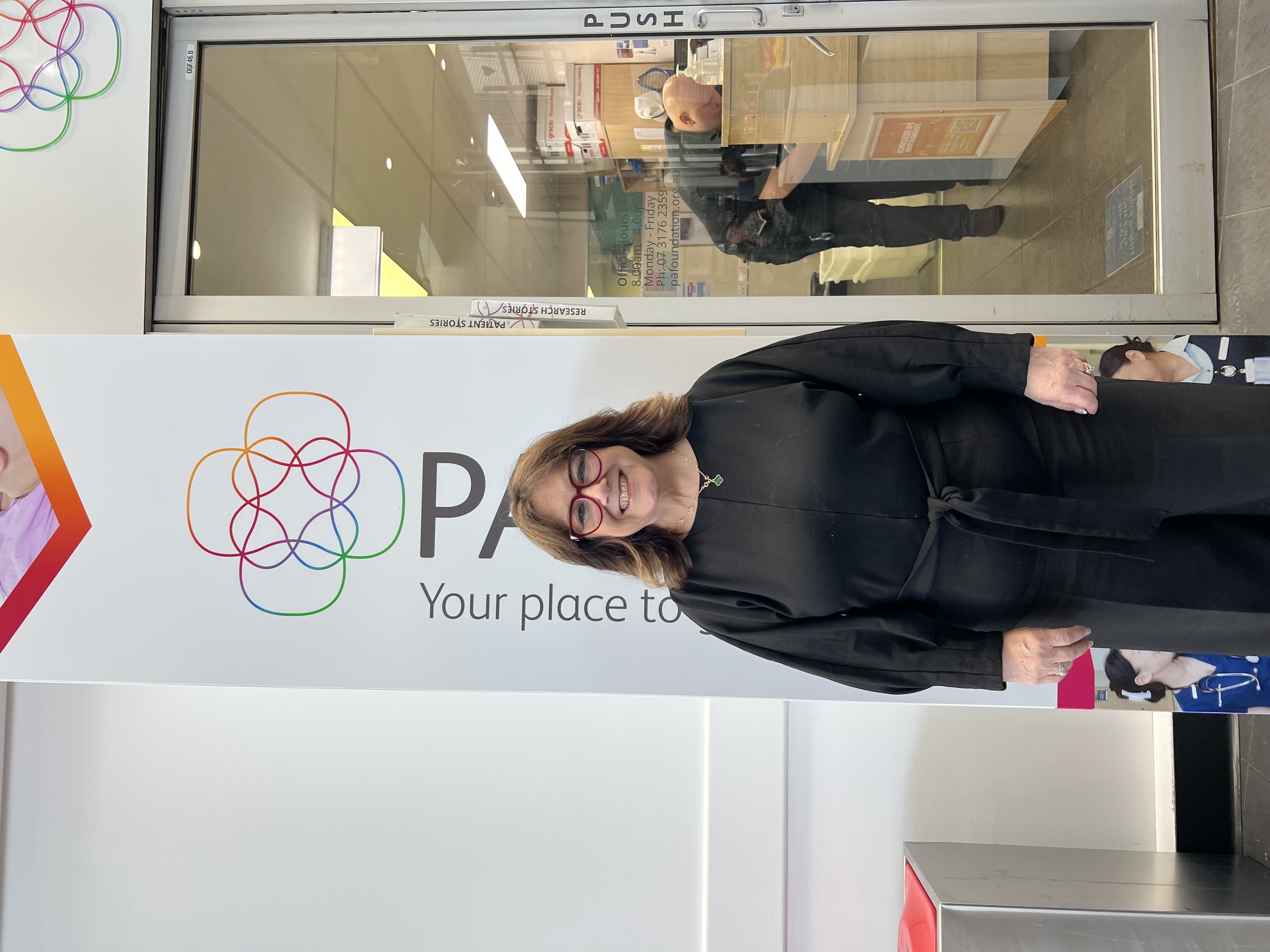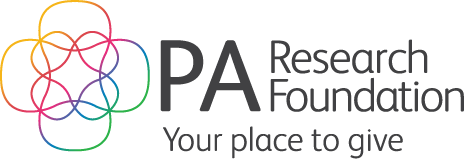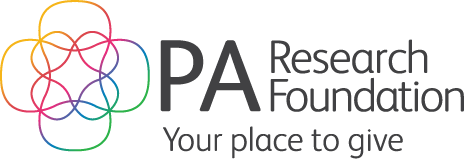
Father’s Day last year started off as any other day for Kathy Stephen, until she began to feel unusual heaviness across her chest. It wasn’t the sharp, radiating pain people often associate with a heart attack. Instead, it was pressure, as if something heavy was pressing down on her chest.
“I just didn’t feel right, I didn’t realise I was having a heart attack” Kathy recalls.
“It felt like something was sitting on me, my husband was saying that I was looking really grey too.”
Women can have different symptoms when exhibiting a heart attack, so Kathy’s symptoms didn’t match what she’d seen in men. Normally, there should be discomfort in one or both arms, the jaw, neck, back or stomach. It was until a bit after the heaviness that the pain went down her neck and the realization set in to go to the hospital. Instead of calling an ambulance, Kathy asked her husband to drive her to Princess Alexandra Hospital, where she also happens to work as staff member of the hospital’s charitable foundation.
“I thought it would be easier to get there, but in hindsight I know I should have called an ambulance,” she said.
Immediate care:
When she arrived at the Emergency Department, Kathy went straight to the front desk and simply said “I’ve got chest pain”. Within moments, the staff had her through the doors into a triage area for initial checks and taking medications for a suspected heart attack. “They didn’t mess around”, she says.
“From the very beginning, they made me feel like I was in safe hands.”
Initial checks included an electrocardiogram (ECG) and blood tests. The first round of results didn’t indicate a heart attack, but the nurses decided to take the side of caution and repeat the tests after three hours. By then Kathy’s ECG and blood tests indicated that she had had a heart attack.
Diagnosis:
Due to her troponin levels being well above the threshold for a heart attack, a cardiology ward came down to explain the results and outlined the next steps.
“They said I’d be going up to the ward and having an angiogram to see exactly what was going on with my heart.” Kathy said. “It turned out I had three blockages.”
Due to the blockages, a procedure called angioplasty had to be performed. This is a procedure to improve the blood flow to the heart by opening blocked or narrow coronary arteries. A thin tube (catheter) with a tiny balloon at the tip is inserted into the wrist (radial artery) and guided to the blockage. The ballon is then inflated, and stents are placed to keep the artery open permanently.
Hospital Stay
Kathy spent four days in the hospital. Each day, the staff checked on her comfort and wellbeing, whether it was the nurses monitoring her heart, doctors updating her on her progress, or even the cleaner who was always down for a friendly chat.
“They didn’t know I worked here, and it wouldn’t have mattered anyways, they treat everyone with the same care and respect,” Kathy says.
“I never felt forgotten or left wondering what was happening with my care.”
While she did have a humorous moment sharing a ward with male patients, “there were some unique conversations and unique pajama choices!” Kathy laughed. “The overall care was nothing short of brilliant, every single person I encountered was kind, professional, and committed to making sure I was okay”.
Recovery and Reflection
After the procedure, Kathy spent a night in the Cardiac Care Unit before being discharged the next day. She was given three weeks off work to rest and recover.
“I felt ready to get back into life, but my boss Damien insisted I completely switch off from work and focus on my health.”
Kathy’s recovery has been positive, and she’s grateful for the early intervention that likely prevented something far worse. She now urges others, especially women, to take symptoms seriously and not to downplay them.
“Women’s heart attack symptoms can be different from men’s, if something feels wrong don’t ignore it, call an ambulance, don’t risk it”, Kathy encouraged.
Looking back, Kathy can’t speak highly enough of the PA Hospital and its staff.
“From the moment I walked in, to the moment I left, I felt cared for. The staff explained everything, managed my health plan, and made sure my family was supported too. I wouldn’t hesitate to come back here if I ever needed to.”




